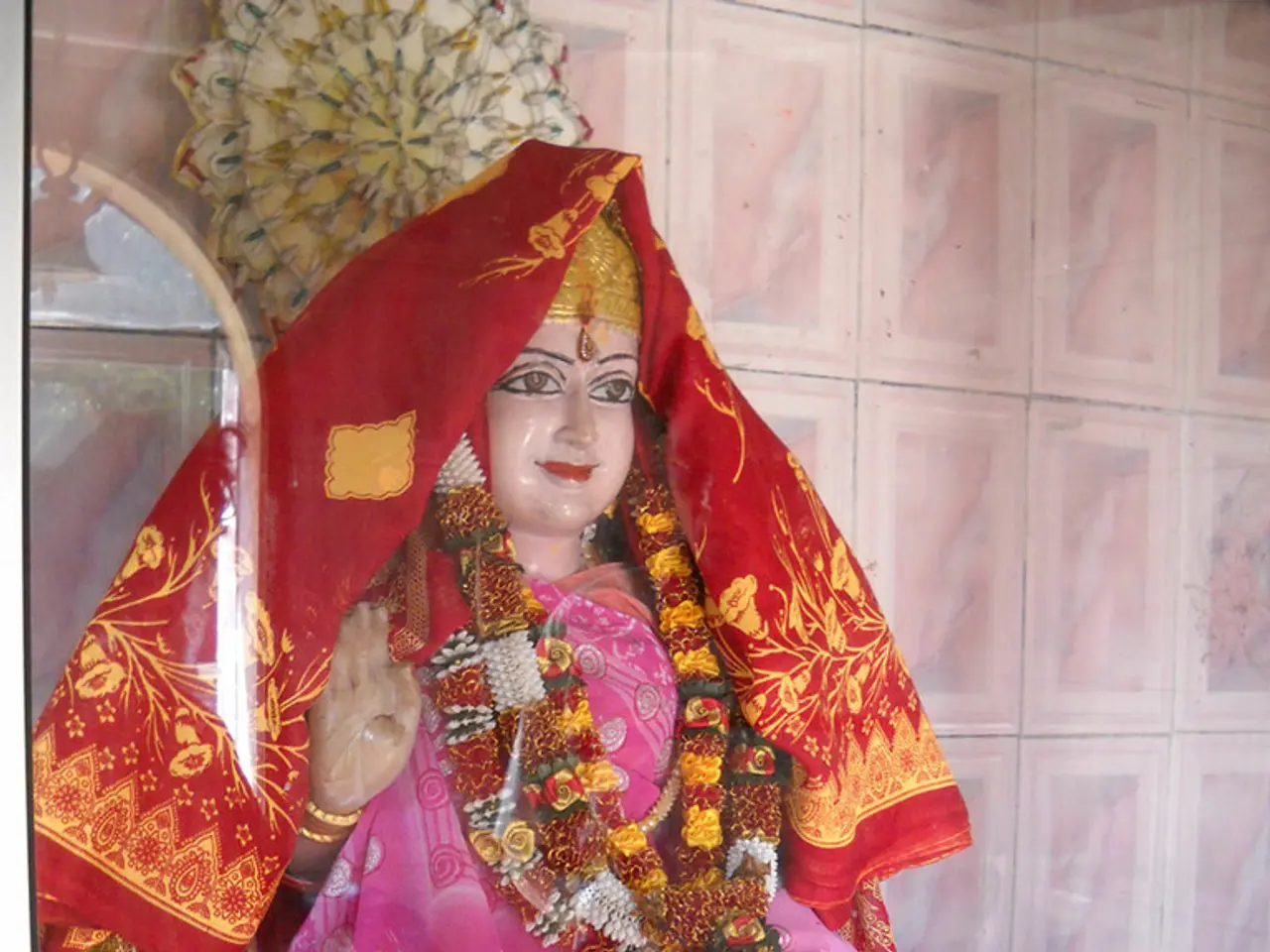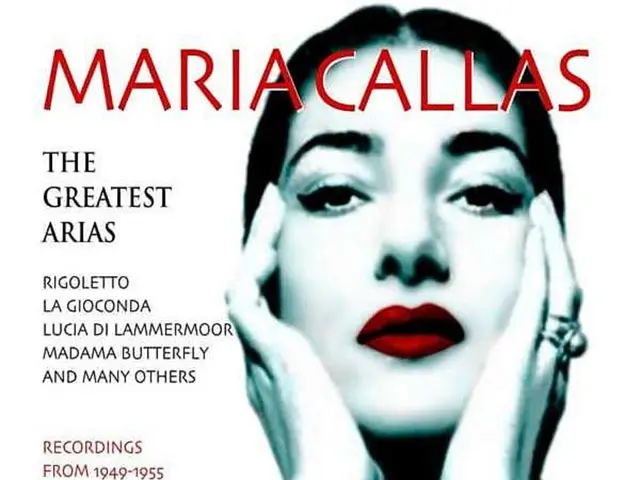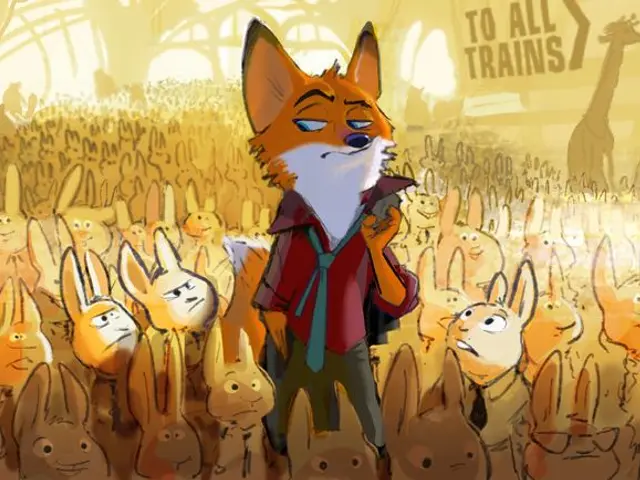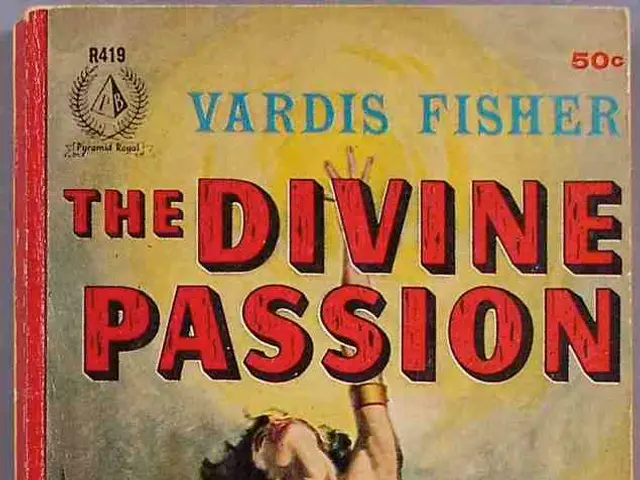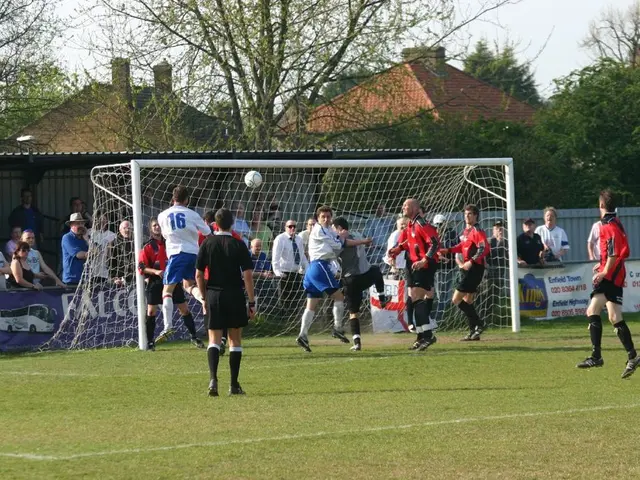Divine Whispers or the Weeping of the Hollyhock
Althea, a queen and mother, is a central figure in the Calydonian Boar Hunt, a myth deeply rooted in Greek mythology. This tale, which also features Meleager, Althea's son, and Ataianta, is a poignant narrative of family, fate, and the consequences of one's actions.
The Birth of Meleager and the Prophecy
At Meleager's birth, the Moirai (Fates) prophesied that his life would be bound to a log in the family hearth. Fearing for her son's life, Althea, the queen, removed the log from the fire and hid it away, effectively extending Meleager's life.
The Calydonian Boar Hunt
Meleager grew to be a noble prince, and when a ferocious boar sent by the goddess Artemis ravaged Calydon, he became a hero by participating in the Calydonian Boar Hunt. Meleager dealt the killing strike to the boar, but he gave the skin to Ataianta, a decision that would later cause discord.
A Dispute Over the Spoils
After the successful hunt, Meleager's uncles forced the boar's skin from Ataianta. In a fit of rage, Meleager then killed them both. Althea, distraught and enraged, found out and in her grief, she burned the magical log in the hearth, condemning Meleager to death.
The Tragic End
As Meleager died, Althea, overwhelmed with grief and guilt, committed suicide. The myth of Althea and Meleager is a tragic tale of family, fate, and the consequences of one's actions, reflecting the complexities of human emotions and the inevitability of destiny in Greek mythology.
The Transformation of Althea's Tears
While the transformation of Althea's tears into hollyhocks is less commonly documented in major sources, it is a common theme in Greek mythology where emotive events are often linked with natural phenomena. The tears of the gods or mortals often transform into plants or flowers, symbolizing their sorrow.
The poem about Althea, a Greek princess who later became a queen, suggests that the actions of the gods are not entirely clear. It also hints at the hollyhocks in the poem symbolizing emotions and apprehension, which may represent Althea's grief and the sorrow of the myth.
This Greek tale is based on a myth, where Althea wept for her son, and her tears became the hollyhocks we know today. The poem is set in a time when Oeneus, Althea's husband and the King, accidentally omitted Artemis during a sacrifice, leading to the unleashing of the massive, ferocious boar on Calydon.
The picture used in the poem is in the public domain, offering a glimpse into the era of this tragic tale. The poem serves as a poignant reminder of the complexities of human emotions and the inevitability of destiny in Greek mythology, a narrative that continues to captivate audiences to this day.
Read also:
- Today's most impactful photographic moments
- Support for Eric Adams in The Post's Letters to the Editor on August 13, 2025
- Roosting Shark and Rambunctious Red Squirrels: Unconventional House Rental in Yorkshire Involving Aquatic Marvel, Squirrely Mayhem, and Mystical Planning Regulations
- Legal Dispute Dismissed with Humor: Supreme Court Laughs off Another Civil Matter Mislabeled as Criminal Prosecution
